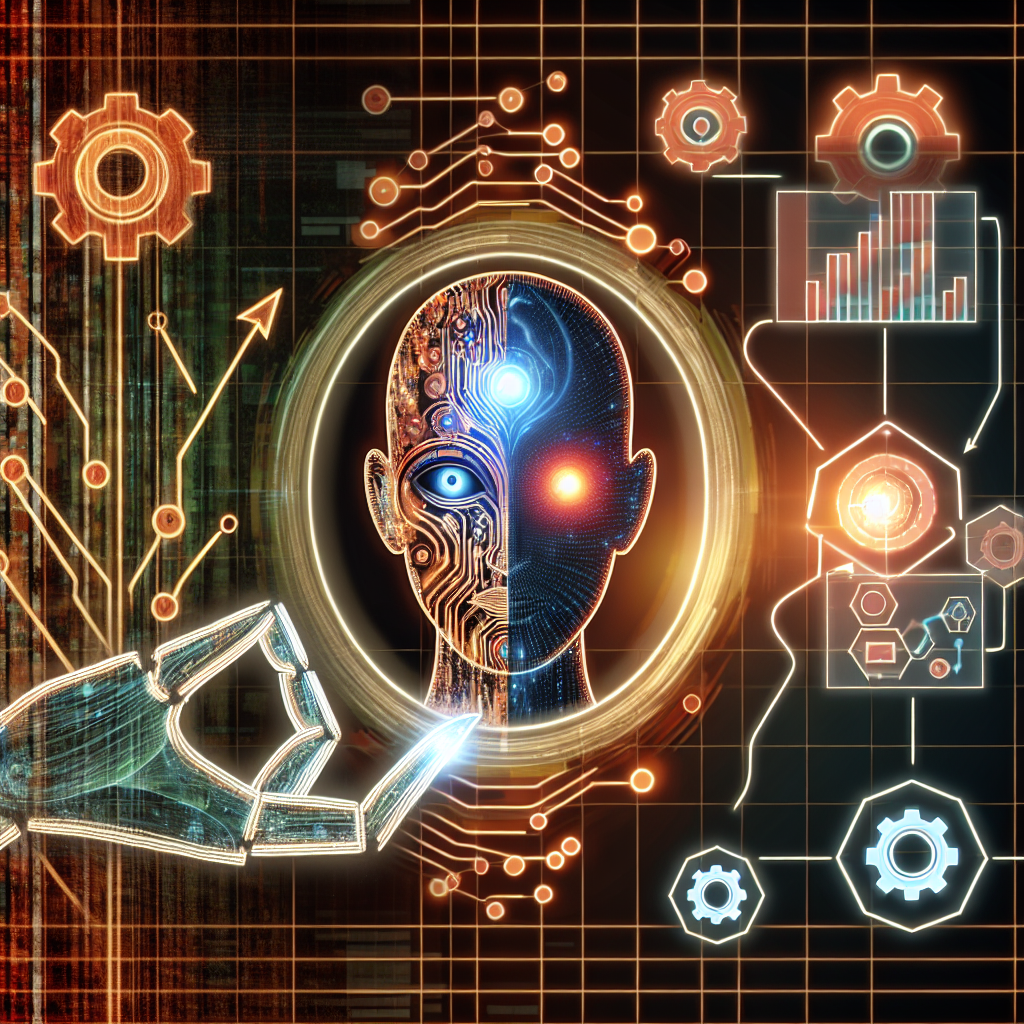With the rapid advancements in artificial intelligence (AI) technology, traditional project management methods are being transformed in ways that were once unimaginable. AI is revolutionizing the way projects are planned, executed, and monitored, making processes more efficient and effective. From automating repetitive tasks to analyzing data to predict future outcomes, AI is reshaping the project management landscape. In this article, we will explore how AI is transforming traditional project management methods and the benefits it brings to organizations.
One of the key ways AI is transforming traditional project management methods is through automation. AI-powered tools and software can automate repetitive tasks, such as data entry, scheduling, and reporting, allowing project managers to focus on more strategic aspects of project planning and execution. This not only saves time and reduces human error but also improves overall productivity and efficiency.
AI is also revolutionizing the way project managers analyze data. By leveraging machine learning algorithms, AI can process and analyze vast amounts of data to identify patterns, trends, and insights that can help project managers make more informed decisions. This data-driven approach allows project managers to better predict project outcomes, identify potential risks, and optimize resources for maximum efficiency.
Another way AI is transforming traditional project management methods is through the use of chatbots and virtual assistants. These AI-powered tools can provide real-time support to project teams, answering questions, providing updates, and facilitating communication. By automating routine communications and tasks, chatbots and virtual assistants can streamline project workflows and improve collaboration among team members.
AI is also enhancing project monitoring and tracking capabilities. By utilizing predictive analytics, AI can forecast project timelines, budgets, and resource requirements, allowing project managers to proactively address potential issues before they arise. AI can also monitor project progress in real-time, alerting project managers to any deviations from the plan and providing recommendations for course corrections.
Furthermore, AI is transforming traditional project management methods by enabling agile and adaptive project management approaches. By using AI-powered tools, project managers can quickly adapt to changing project requirements, allocate resources dynamically, and respond to unexpected events in real-time. This flexibility is essential in today’s fast-paced business environment, where projects are often subject to rapid changes and uncertainties.
Overall, the integration of AI into traditional project management methods offers numerous benefits to organizations, including increased productivity, improved decision-making, enhanced collaboration, and better project outcomes. As AI technology continues to evolve, we can expect to see even greater advancements in project management practices, further enhancing organizational efficiency and competitiveness.
FAQs:
Q: How can AI help project managers make better decisions?
A: AI can process and analyze vast amounts of data to identify patterns, trends, and insights that can help project managers make more informed decisions. By leveraging machine learning algorithms, AI can provide valuable insights that can guide project managers in making strategic decisions.
Q: Can AI replace human project managers?
A: While AI can automate repetitive tasks and provide valuable insights, human project managers are still essential for strategic decision-making, communication, and leadership. AI should be seen as a tool to augment and enhance the capabilities of human project managers, rather than replace them.
Q: How can organizations implement AI into their project management processes?
A: Organizations can implement AI into their project management processes by investing in AI-powered tools and software, training their project teams on how to use these tools effectively, and integrating AI capabilities into existing project management workflows. It is important for organizations to carefully plan and strategize the implementation of AI to ensure a successful integration.
Q: What are some examples of AI-powered project management tools?
A: Some examples of AI-powered project management tools include Asana, Trello, and Monday.com, which use AI to automate tasks, analyze data, and improve project collaboration. These tools can help project managers streamline their workflows, optimize resource allocation, and enhance decision-making processes.

